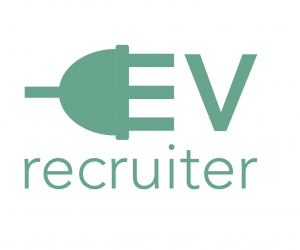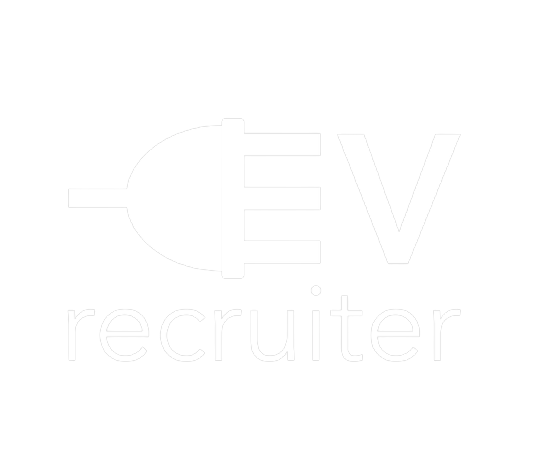
Electric vehicles, or Emobility, are becoming an increasingly popular option for those looking to reduce their carbon footprint. The technology behind EV has been improving steadily, with recent developments including the development of lithium battery packs that can store more energy than traditional batteries.
EV supply chains present a range of challenges for automakers for its major part…the battery. There are some awful things behind the supply chain of battery materials like cobalt, and the lack of regulation in the market is something we’re still seeing change.
Cobalt’s high demand is largely due to its use in EV batteries for electric vehicles (EV) and hybrid vehicles (PHEV), including lithium-ion batteries. Cobalt is mined in the Democratic Republic of Congo (DRC), where it is found that in the last decade there has been a rise in the number of conflicts that involve the mining of DRC’s minerals, and these conflicts have had devastating consequences for local communities, including some major issues with unethical labor practices observed by human rights organizations.
What are Ethical Issues involved in EV supply Chains?
Ethical issues involved in the supply chain of electric vehicle’s battery material include environmental concerns, fair wages, human rights abuses, etc. We’ll explain in detail.
Child labor and human rights perspective in cobalt mining:
Child labor is a worldwide problem, and the cobalt crisis is just another reminder of the plight of children all over the world. Recently, the United Nations announced that all cobalt mines must phase out child labor, citing the exploitation of young miners’ even children in the Democratic Republic of Congo (DRC) as one of the reasons. But the DRC government and international trade bodies are failing to act to end the practice despite repeated reports of it.
Neglecting HSE practices in mining material handling
Cobalt mining companies typically rely on third parties, such as contractors, to transport and store material. Oftentimes, these third-party companies are responsible for ensuring that their clients are operating within the requirements of the health, safety, and environmental (HSE) regulations governing their industry. But in actuality it’s totally neglected!
The issue of hazardous working conditions in the Congo has always been thrust back into the spotlight with the death of miners from a methane gas explosion. Just because of safety gear’s absence.
Environmental Concerns
People who live near mines have been found to have higher levels of toxins in their blood. Children also suffer higher rates of illness including respiratory infections and gastrointestinal disorders, according to the United Nations Children’s Emergency Fund (UNICEF). This is because mines are often exposed to dust from blasting operations and mining activities which contain harmful carbon emissions.
Supply Chain tracking process is made easy with Blockchain
Today’s supply chains of electric vehicle battery materials are a mess and tracking noncompliance is crucial in actual. Blockchain technology makes it ideal for the tracking and managing of large numbers of suppliers across a network of participants. By implementing blockchain into its supply chain tracking processes, leading car makers like VOLVO have seen huge improvements in the timeliness of its delivery system by identifying the supplier with ethical or compliance violations.


